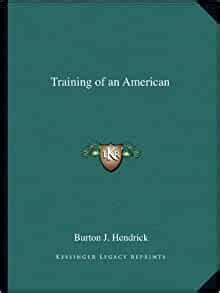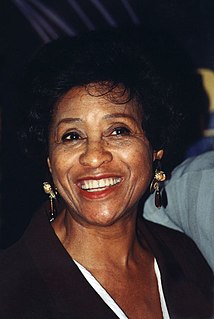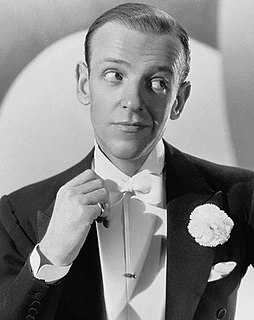A Quote by Adam Grant
Dissenting opinions are useful even when they're wrong. So instead of speaking to highly agreeable audiences, target suggestions to people with a history of originality.
Related Quotes
Originality is another criterion of aesthetic value. We may formulate an originality principle, according to which highly valuable works of art provide hitherto unavailable insights.... Notice that, although originality is a necessary condition of high aesthetic value, it is far from a sufficient condition. Many original works have little or no aesthetic value. An artwork may present a novel but uninteresting perspective, or one that is original but wrong.
I was 13 when my parents moved to Israel, and I was put in a Scottish mission school. Ninety-nine percent of the children were Israeli... Suddenly, I found myself speaking the wrong language, dressed in the wrong clothes, picked up by the wrong mode of transportation - an embassy car instead of a bus.
Those who write may think they know their target market. They may even feel they can shape the work to fit it. If this is true of you, you have more control over your creative process than I do. Even so, I humbly submit that you try letting your writing shape your target market instead and see what happens.
When working on my choreography I am not always receptive to outside suggestions or opinions. I believe that if you have something in mind in the way of a creation, such as a new dance, a sequence, or an effect, you are certain to come up with inaccurate criticism and damaging results if you go around asking for opinions.
I feel that other people's suggestions are very dangerous. Yet, I can't say that they are always destructive or not useful. Perhaps, rather than having other people tell you how you should improve your work, they should just tell you how they understand your work, what they got out of it, so that you can figure out yourself if what you did was right or wrong.
One of the greatest sources of problems in our society arises from people having loads of wrong theories in their heads - often theories that are critical of others - that they won't test by speaking to the relevant people about them. Instead, they talk behind people's backs, which leads to pervasive misinformation.


































